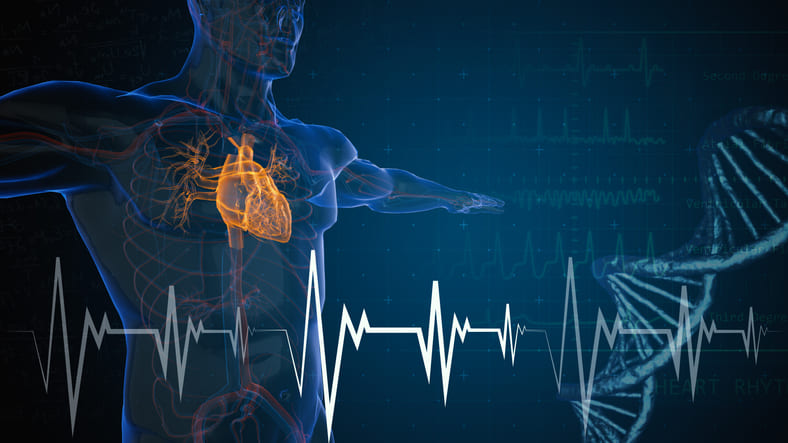Doxorubicin-induced cardiomyopathy (DiCM) is a primary cause of heart failure and mortality in cancer patients, in which macrophage-orchestrated inflammation serves as an essential pathological mechanism. However, the specific roles of tissue-resident and monocyte-derived macrophages in DiCM remain poorly understood.
We are uncovering the origins, phenotypes, and functions of proliferative cardiac resident macrophages and mechanistic insights into cardiac macrophage’s self-maintenance during DiCM progression.
Mice were administered with doxorubicin to induce cardiomyopathy. In contrast, cardiac resident macrophages were vulnerable to doxorubicin insult. Global or myeloid, specifical ablation of SR-A1 (class A1 scavenger receptor) inhibited proliferation of cardiac resident reparative macrophages and, therefore, exacerbated cardiomyopathy in DiCM mice. Notably, the detrimental effect of macrophage SR-A1 deficiency was confirmed by transplantation of bone marrow. At the mechanistic level, we show that c-Myc (Avian myelocytomatosis virus oncogene cellular homolog), a critical transcriptional factor for the SR-A1-P38-SIRT1 (Sirtuin 1) pathway, mediated the effect of SR-A1 in reparative macrophage proliferation in DiCM.
Understanding how the proliferation of resident macrophages drives macrophages’ expansion in the disease niches is critical for identifying the modulatory mechanism of inflammation. Although the influence of gender is under investigation, our findings reveal a unique activation pathway for macrophage proliferation in DiCM. During the cardiac injury, local microenvironment alteration may induce reparative resident macrophage proliferation by activating the SR-A1-c-Myc axis. Macrophage recruitment and proliferation appear to be intertwined in DiCM pathogenesis in which resident reparative macrophage proliferation may antagonize the progression of DiCM.
Ref: https://www.ahajournals.org/doi/10.1161/CIRCRESAHA.119.316428


